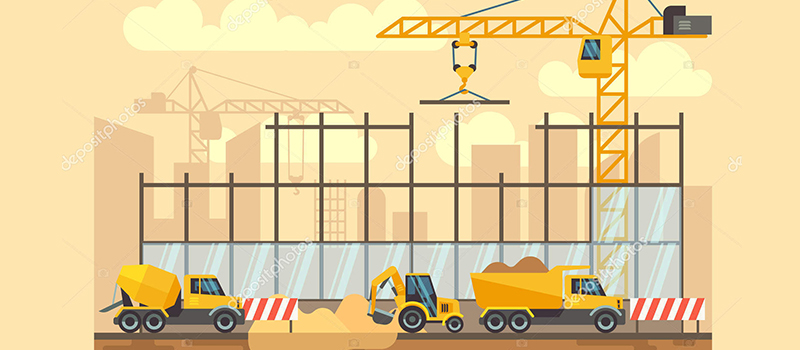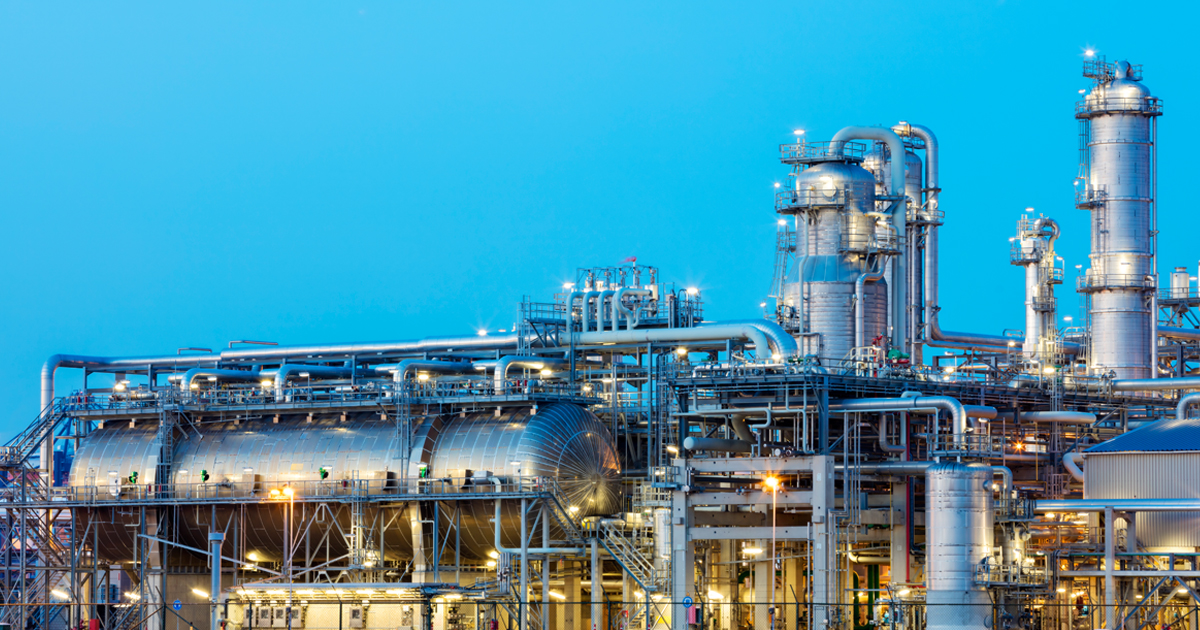

The key objectives of this course are as follows:
This course is particularly valuable for:
The course combines sound engineering principles, methods, and applicable codes & standards and best industry practices. Actual major incidents as well as industry experience will be reviewed in depth to reinforce every topic.
DAY 1
Engineering Materials - Types and Properties
Engineering Materials I - Overview
Engineering Materials II
Metallurgy Basics
Material Forming and Fabrication
Overview of ASME B&PVC Section IX 'Welding and Brazing Qualifications'
DAY 2
Materials Selection and Application
Material Selection Process and Guidelines
Materials Standards and Codes
Materials Standards and Codes (continued)
Material Selection for Specific Equipment
DAY 3
Degradation of Materials In-Service
Material Ageing and Degradation - Overview
Failure Modes and Mechanisms in Materials
Overview of API RP 571 Damage Mechanisms Affecting Fixed Equipment
Metallurgical Failure Analysis
Positive Material Identification
DAY 4
Inspection Strategies and Non-Destructive Examination Methods
Mechanical (Structural) Integrity - Overview
Inspection Strategies and Methods
Inspection Strategies and Methods (continued)
Non-Destructive Examination (NDE) Methods and Their Application
Overview of ASME B&PVC Section V 'Nondestructive Examination'
DAY 5
Fitness-For-Service Evaluation
Introduction to Fracture Mechanics
Fitness-for-Service Assessment
Workshop
BTS attendance certificate will be issued to all attendees completing minimum of 75% of the total course duration.
| Code | Date | Venue | Fees | Register |
|---|---|---|---|---|
| PE160-01 | 27-04-2026 | Istanbul | USD 5950 | |
| PE160-02 | 26-07-2026 | Cairo | USD 5450 | |
| PE160-03 | 07-09-2026 | Kuala-Lumpur | USD 5950 | |
| PE160-04 | 13-12-2026 | Dubai | USD 5450 |

Designing process plants is a complex and demanding process. The design of plant layout is one of the most important tasks before plant construction. A successful plant layout will not only reduce cap ...
.jpeg)
The use of Floating Production Storage and Offloading (FPSO) has been significantly increased in recent decades. FPSOs have lower cost relative to traditional offshore oil platforms. The latest FPSOs ...
Providing services with a high quality that are satisfying the requirements
Appling the specifications and legalizations to ensure the quality of service.
Best utilization of resources for continually improving the business activities.
BTS keen to selects highly technical instructors based on professional field experience
Since BTS was established, it considered a training partner for world class oil & gas institution
1st floor, Incubator Buildingو Masdar City, Abu Dhabi, UAE
Sun to Fri 09:00 AM to 06:00 PM
Contact Us anytime!
Request Info